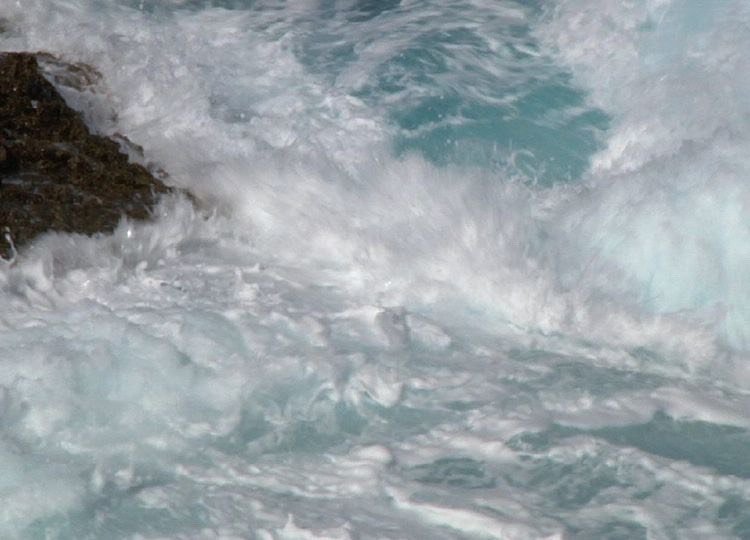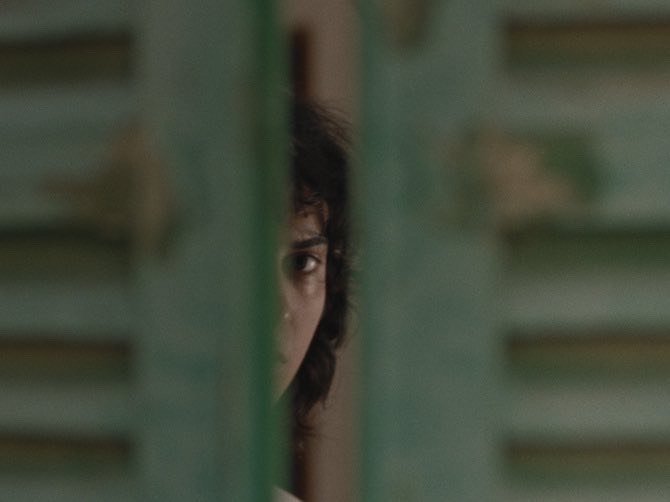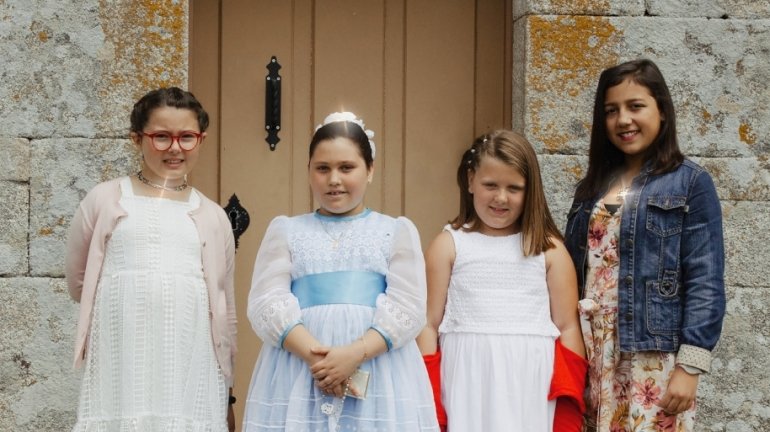‘ADRIFT: Gaze and Dream’ Review | James Taylor
CinemaAttic presents a selection of experimental short films from independent world cinema, screening at The Centre for Contemporary Arts in Glasgow this June.
We take a look at some of the bold, fearless and brilliantly unique films on offer.
CinemaAttic is a collective with a clearly stated mission: to bring world-class Spanish and Latin American cinema to screens in Scotland, allowing audiences to experience the artistry of global film making where it otherwise might not have mainstream UK distribution.
The nature of their two newest collections of screenings, ‘Adrift: Dream’ and ‘Adrift: Gaze’ combines a minute attention to artistic detail while maintaining a gutsy, avant-garde attitude to social issues and formal cinematic techniques. As distributors of non-fiction, new narrative world cinema, CinemaAttic wants their programme to ‘question the barriers ahead of humans, as a race, to reach a new era’. ‘Adrift: Dream’ was presented on Thursday 23rd of June, and their next selection, ‘Adrift: Gaze’ will be shown at The Centre for Contemporary Arts (CCA) in Glasgow on Thursday 30th of June.
For those in other pàrts of the UK or who would like to catch up on the films already presented, ADRIFT: DREAM will be available to watch online via Festhome from June 27th to July 3rd 2022.
Let’s take a look into some of the films on offer…
From Elena Universo
Each film, in its own way, is about boundaries: internal and external, artistic and social, how to transgress them and, most importantly, how to recognise them. The first collection of six experimental films, ‘Dream’, is thus described by CinemaAttic on the notion of boundaries:
The biggest problem for this inevitable transition is the fear of change. It is a fear experienced, to a degree, by most humans, to the point of people inventing traditions and versions of the past to justify conservative (often fanatical) takes on culture, community, religion… These are 6 films looking at and from boundaries creating a space in between that will be frozen in time until it is not needed anymore.
The human fear of change, and how to embrace it instead of resist it, is most strikingly illustrated in two of the films of this selection: ‘Drifts’ (2020) directed by Nayra Sanz Fuentes, and ‘Unicorn’ (2021) directed by Irati Gorostidi. ‘Drifts’ is about the intersections between new technology and the revolutionised processes of the global economy, and how these monolithic economic and industrial networks interact with the single individual. ‘Drifts’ opens with a shot of a wild, roaring ocean coast, before switching focus to the tempered discussions of those who live, work and rely on the water. The disruption to the ritualised regularity and traditions of communities by this new global order is the main focus of the film. The water, as both a localised entity and a global reality simultaneously, becomes a symbol for both the ancient, community way of life, and the irrevocable changes of the future. The authenticity with which coastal life is portrayed by Fuentes gives the film a familiarity, which belies the presence of new and alien technologies which the ocean, and its people, must now accommodate.
‘Unicorn’ is a different beast altogether. ‘M.’ shelters in an abandoned house where, just as she becomes familiar and settled in her new habitat, invites an equine newcomer over the threshold that will disturb her new-found equilibrium, in unexpected ways. With minimal dialogue, and a framing which positions humans and animals in a strikingly close context, the film questions the value of communication, dependence and cohabitation. Transgressing boundaries between species, and learning to communicate beyond language, is the concern of this bizarre and fascinating short film. I wondered whether ‘Unicorn’, as the title, suggests something fantastical and even mythological in the connection between animals and humans, one that goes beyond the literacy of our modern, mainstream vocabularies; which proves interesting in a film where very little is said at all.
From Drifts
From Unicorn
‘Adrift: Gaze’ presents an entirely different programme of four short films, and while the subversive and challenging methodology continues from ‘Dream’, ‘Gaze’ has a more intimate, emotionally charged character. This selection observes the familial, romantic, and ritual, providing ‘a route through archive cinema, essays and hybrid narratives’ according to CinemaAttic.
‘The Communion of my Cousin Andrea’ (2021), directed by Brandán Cerviño, examines two very different, but highly intimate, relationships - family and God. Cerviño explores the position of children to the complex and adult world of religion, a line of inquiry shared by ‘Tribute to Judas’ (2019), directed by Manel Raga. If the aim of this collective is the observation and scrutiny of boundaries, then those between children and adults, echoed through the twin relationship between humanity and God, is a wise choice of subject for cinematic handling. It is the ultimate boundary which cannot be seen or touched, but its reverberations can be felt coursing through everything, like the boom of a cathedral organ. Again, communication, or the attempt to communicate, with beings and subjects which may not answer, understand or take heed, is the main artery of these film selections. Boundaries are formed through lack of communication, and the film-making presented by CinemaAttic, with its deployment of a visual language available to all, regardless of nation or native tongue, is one way we can transgress the boundaries between us.
From The Communion of my Cousin Andrea
From Tribute to Judas
For more information on ‘Adrift: Gaze and Dream’:







